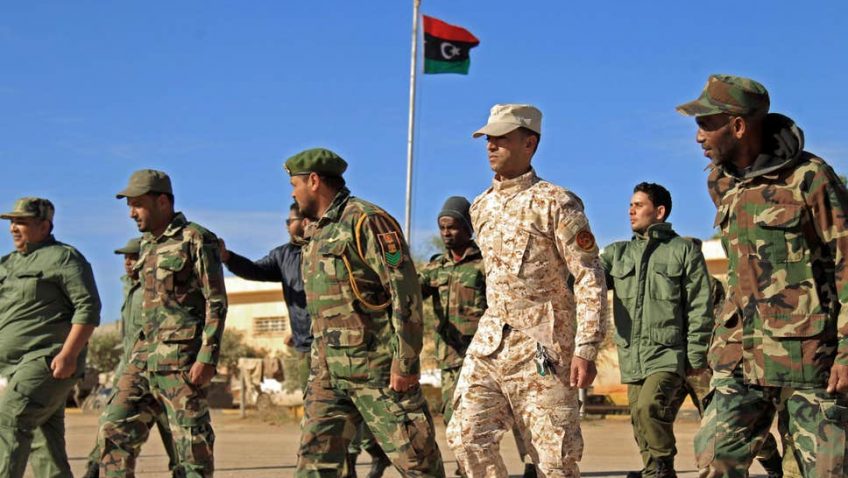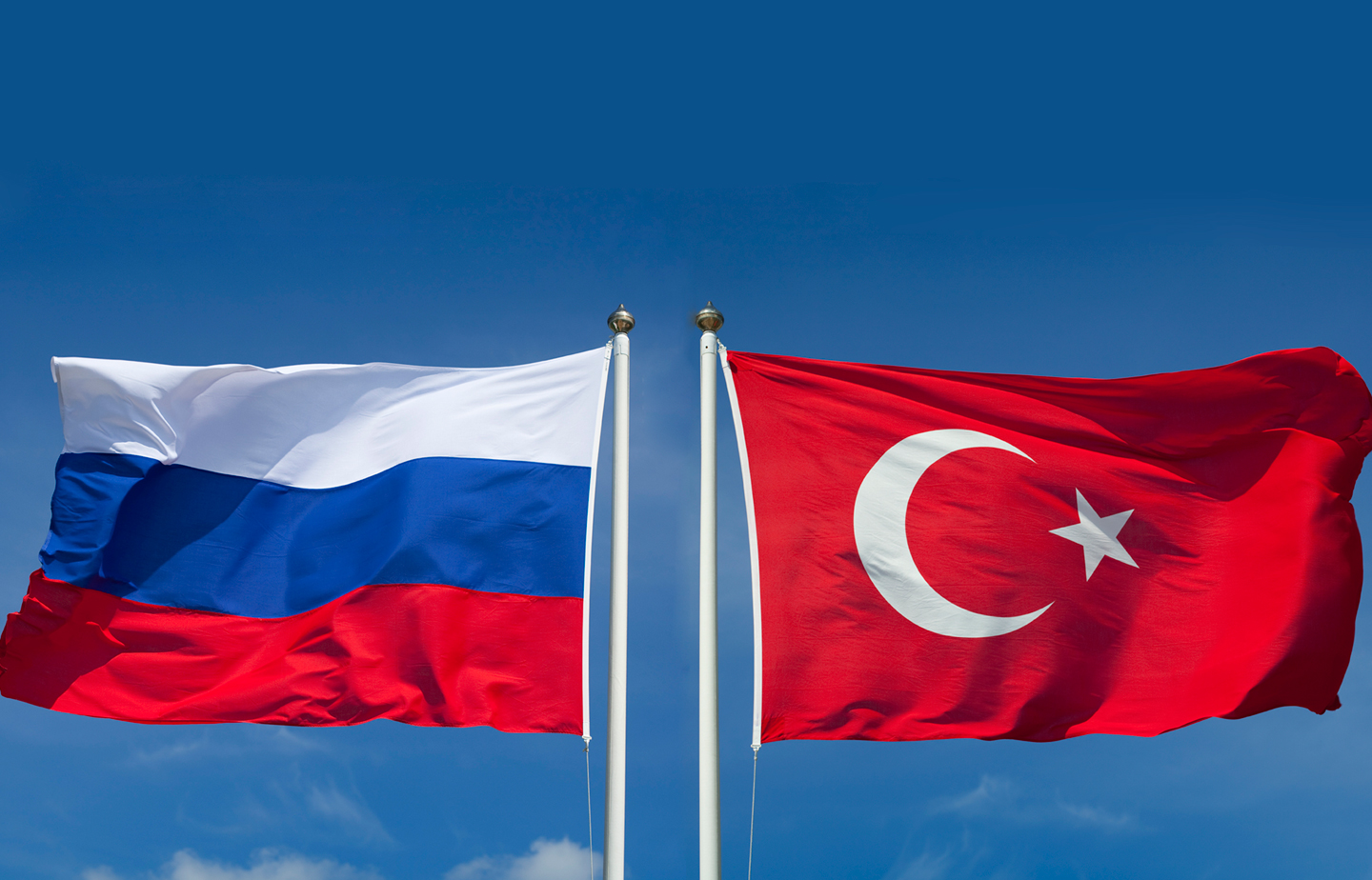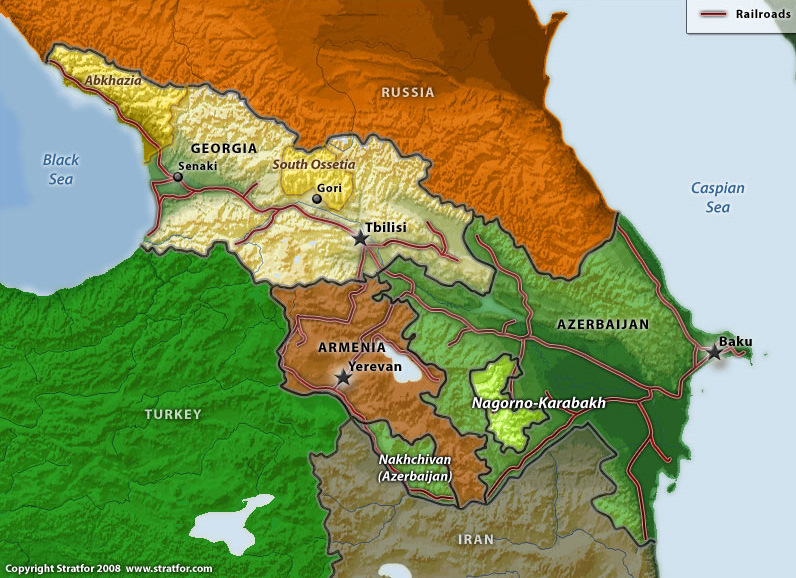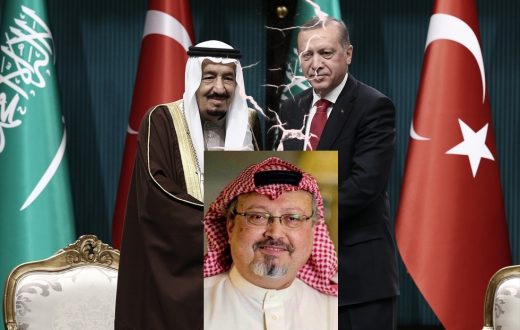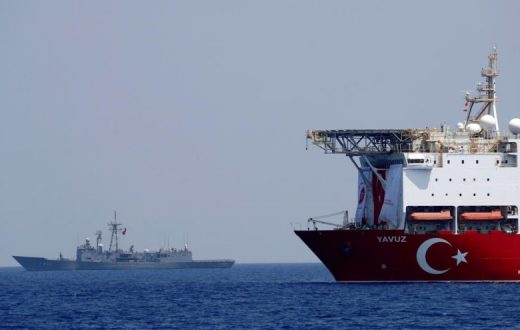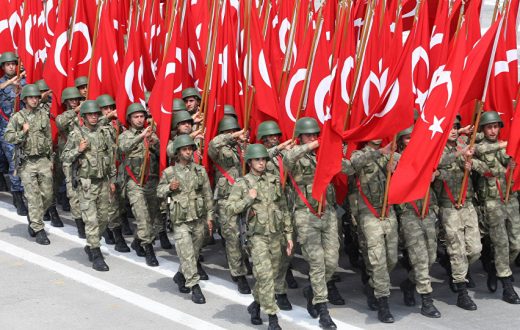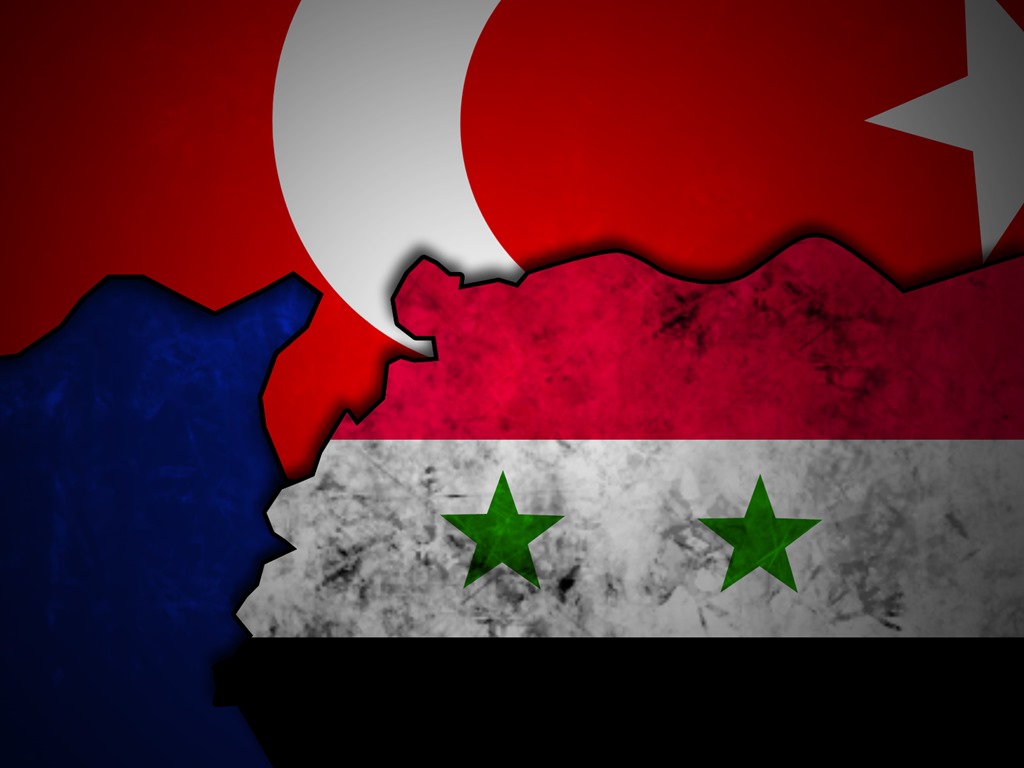Introduction
Turkey has submitted a bill to parliament to allow it to deploy troops in Libya, as the conflict there intensifies.
Turkey is allied with Libya’s UN-backed government, which is based in the capital, Tripoli.
The move, which comes earlier than expected, marks an acceleration of President Recep Tayyip Erdogan’s plans.
The Libyan government has been fighting an insurgency by forces under Gen Khalifa Haftar based in eastern Libya.
The forces of the warlord – who is backed by Egypt, the United Arab Emirates and others, including what is believed to be a force of Russian mercenaries – have been trying to capture the capital city.
The Tripoli-based government receives aid from Turkey, Qatar and Italy.
The call of the GNA
Last week, President Erdogan said his government would seek parliamentary approval to deploy troops to Libya after the Government of National Accord (GNA) requested support.
He had initially said the motion would be submitted to parliament after a winter recess that ends on 7 January, the Associated Press reports. Turkey argues the Libyan conflict could escalate into a civil war and threaten its interests in the country.
The bill will be debated on Thursday, though it is not clear when the law will be voted on. It is expected to be passed as Mr Erdogan’s ruling party is thought to have enough support in parliament to have the motion approved.
The bill allows for the deployment of non-combatant troops, to act as advisers and trainers for the Tripoli government forces against Gen Haftar.
Mr Erdogan previously said Turkey was ready to send troops to Libya if such a request was made by the GNA.
France and Egypt have called for the “greatest restraint” by Libyan and international authorities to avoid escalating the conflict in Libya, a statement from President Emmanuel Macron’s office has said.
UN-sponsored talks on the conflict are set to be held in January in the German capital, Berlin, to try to end the fighting.
Last month, Turkey signed two agreements with the GNA, one on security and military co-operation, the other on maritime boundaries in the eastern Mediterranean.
Critics say the deal would greatly extend Ankara’s territorial claims.
A renewed offensive
The fighting around Tripoli escalated in recent weeks after Gen Haftar declared a “final” and decisive battle for the capital.
In April, he launched a major attempt to seize the city – but his forces met resistance, and they have long been bogged down in Tripoli’s southern outskirts.
Turkey supports the GNA, supplying drones, weapons and trucks to boost its efforts in the ongoing conflict with Gen Haftar’s forces, which control most of the east and south of Libya.
Libya has been torn by violence and division since long-time ruler Muammar Gaddafi was deposed and killed in 2011.
Since then, no authority has had full control and the country is extremely unstable.
Sources
This article was originally published by the BBC. Here’s the link :

